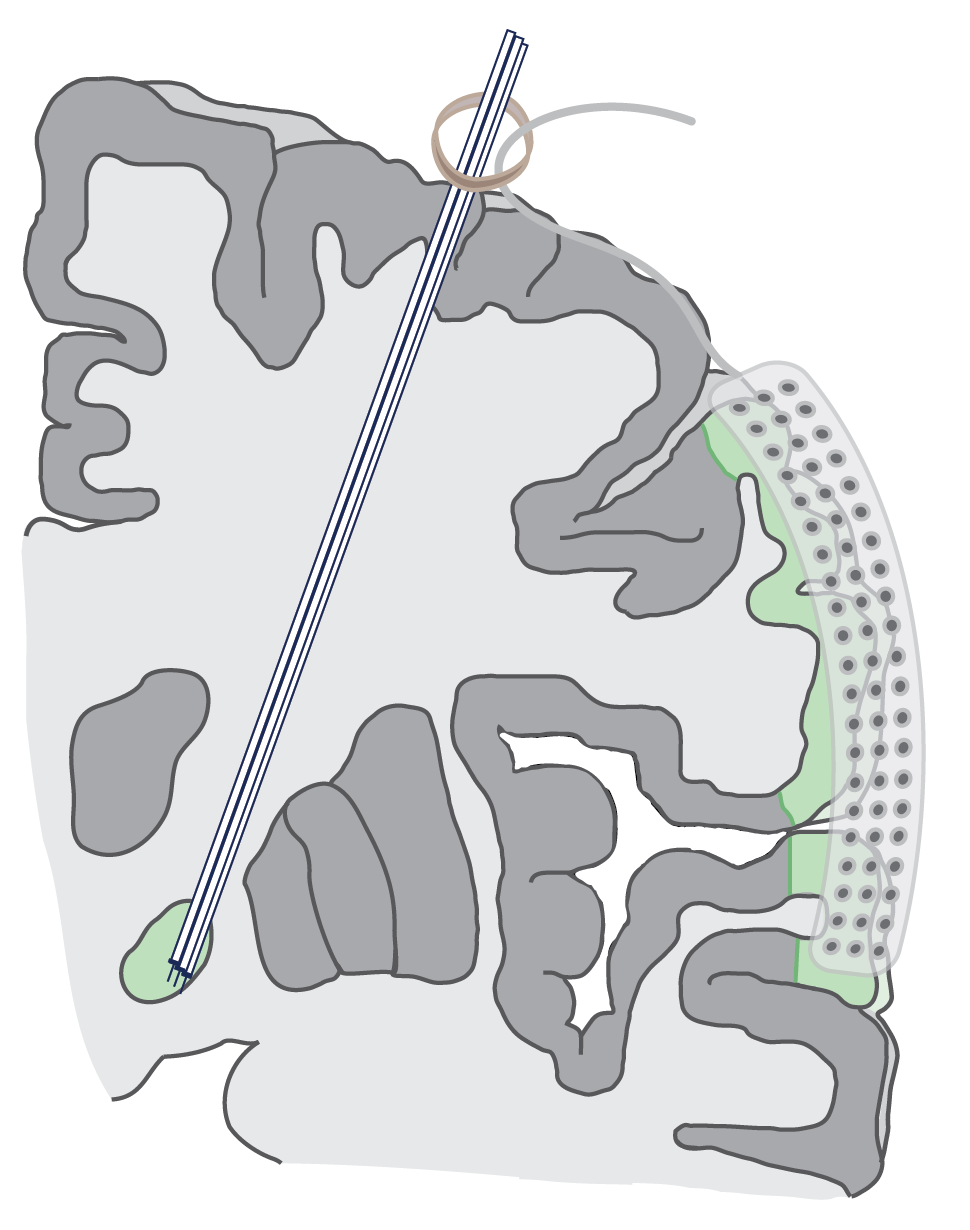
Collaborative Opportunities in Invasive Human Neuroscience
Description
Functional neurosurgery describes the field of image-guided and physiologically-guided surgeries that have a goal of modulating brain function. Recent advances in this field have expanded opportunities for research in humans undergoing neurosurgical procedures in which brain recording and stimulation are performed, even resulting in funding initiatives that are specific to “invasive human neuroscience.” This talk will describe examples of such work, including basal ganglia-cortical interactions during speech production in subjects undergoing deep brain stimulation, the neural dynamics of face and word processing in subjects undergoing intracranial monitoring, and challenges in developing closed-loop stimulation for epilepsy. A framework will be presented for optimizing collaborative opportunities for human systems neuroscience research in the setting of functional neurosurgery, taking into consideration issues of neuroethics and data sharing.
Speaker Bio
Dr. Richardson is a neurosurgeon-neuroscientist who has directed the Epilepsy and Movement Disorders Surgery Program at the University of Pittsburgh Medical Center (UPMC) since 2011. He received his MD/PhD at Virginia Commonwealth University and completed his neurosurgery residency and postdoctoral research at the University of California San Francisco. At UPMC, he has pioneered the neurosurgical use of interventional-MRI, robotics, gene therapy and closed-loop brain stimulation. Dr. Richardson also founded the Brain Modulation Lab, which conducts human systems neuroscience research using intracranial recording and stimulation, and he directs a multi-institution BRAIN Initiative-funded study on neural correlates of speech production in patients undergoing deep brain stimulation.

